Since 2017, the Nevada Department of Education (NDE) has allocated 100% of the state’s $9.5 million in federal Title I school improvement funds to districts and schools for interventions backed by strong, moderate, or promising evidence (using the top three tiers of evidence as defined by the federal Every Student Succeeds Act [ESSA]). This represented an increase over the approximately 15% of funds that had been allocated based on level of evidence in the 2016-2017 school year. Grant recipients may set aside funds to monitor and evaluate the identified evidence-based approaches to ensure the investments yield a positive impact on student outcomes.
Beginning in 2017, NDE also began requiring school districts to invest awarded funds from two additional federal grant programs in interventions that meet one of the four tiers of evidence (strong, moderate, promising, and under evaluation) defined in ESSA: (1) ESSA Title IV-B ($9 million in 2017-2018), for the competitive 21st Century Community Learning Centers grants; and (2) ESSA Title IV-A grants ($9.4 million in federal funds to Nevada in 2017-2018) to increase students’ access to a well-rounded education. Applications with stronger evidence are considered for funding before other applications.
Starting in 2013, the Nevada State Legislature passed a series of laws with strong evidence requirements that were later aligned state education funding with ESSA’s tiered evidence definition in 2017. The following six programs require grantees to use interventions that meet one of the four ESSA evidence tiers (though supplemental curriculum and professional development must meet the top three tiers: strong, moderate, or promising):
- Zoom School program, first enacted in 2013, supports competitive grants ($50 million per year in state education funds) to help school districts provide English language instruction to nonnative speakers;
- Nevada Turnaround grant program, authorized in 2017, is a competitive grant program ($2 million in state education funds per year) that helps underperforming schools implement their school improvement plans;
- SB 178, authorized in 2017, gives weighted formula grants to support extended learning opportunities in schools (approximately $1,200 for every eligible student in 2019 total funding of $70 million in state funds per year);
- College and Career Readiness, a competitive grant program ($4.9 million in state education funds per year), created in 2017, helps school districts establish advanced academic programs for middle school and high school students;
- Victory Schools initiative ($25 million in state education funds per year), created in 2015 and reauthorized in 2019, aims to improve results in the state’s lowest-performing schools in the most underprivileged zip codes; and
- Read by Grade Three Act ($31 million in state funds in 2019-2020), amended in 2019, allocates funds to school districts through a formula grant process to support student literacy.
